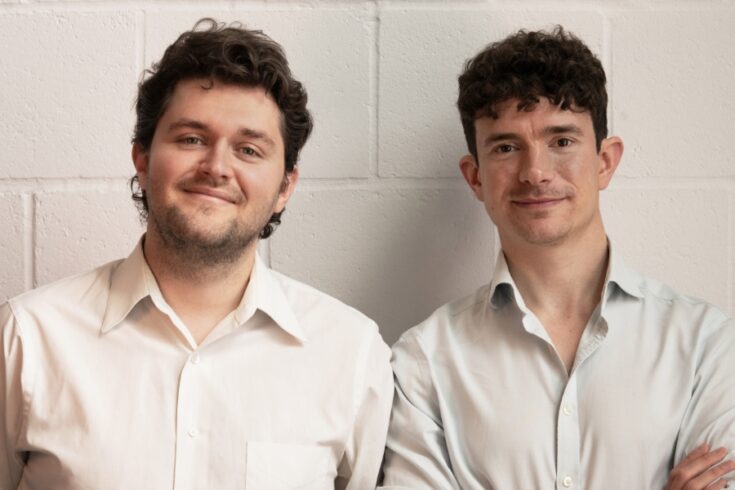By transforming this abundant waste into a biodegradable, animal and plastic-free leather substitute, the company is addressing the environmental challenges of traditional leather production while contributing to the UK’s circular economy.
Growing sustainable leather market
The market for sustainable leather alternatives is vast and growing rapidly. Valued at $73.3 billion in 2023, the sector is projected to exceed $130 billion by 2030, driven by increasing consumer and industry demand for eco conscious materials.
Traditional leather production relies on carbon-intensive animal agriculture, which contributes to over 14% of global carbon dioxide emissions. Arda Biomaterial’s alternative bypasses this resource-heavy process entirely, using spent grain to create a material the company says has just 2% of the carbon footprint of conventional leather.
The material avoids the toxic chemicals used in tanneries, uses less water to produce and is fully biodegradable, breaking down without contributing to microplastic pollution.
Collaborative research and development
Arda Biomaterials received UK Research and Innovation (UKRI) funding for a collaborative research and development (R&D) project that includes Queen Mary University of London and King’s College London.
Through the project, Arda Biomaterials is developing a process to introduce sustainable protein fibres into its material, enhancing its strength and usability while retaining its low environmental impact.
Economically, Arda Biomaterials supports UK breweries by providing an additional revenue stream for spent grain, while creating opportunities to onshore modern manufacturing processes and generate new jobs.
Engaged with key players in the industry
The company’s initial focus is on the luxury leather goods market. With smaller production volumes and higher price points, this sector is well-suited to Arda Biomaterial’s early stage capabilities.
The company has engaged key players in the industry, who are expected to be announced soon. It has already produced a showpiece bag with the sustainable fashion brand BEEN London as well as cardholder wallets with the craft beer company Beavertown Brewery.
Project funding
Arda Biomaterials was supported through UKRI’s Sustainable Bio-based Materials and Manufacture programme with funding from:
- Innovate UK
- Biotechnology and Biological Sciences Research Council
- Engineering and Physical Sciences Research Council
In April 2025, Arda Biomaterials secured £4.05 million in a funding round led by Oyster Bay Venture Capital.
Accelerating R&D
Edward TJ Mitchell, Arda Biomaterials co-founder and Chief Technology Officer (CTO) said:
UKRI’s support accelerated our R&D efforts by enabling us to hire two additional scientists.
It allowed us to collaborate with Queen Mary University of London and King’s College London, providing access to expertise and resources we otherwise wouldn’t have been able to afford.
And for startups who might be thinking about applying for Innovate UK funding themselves, he said:
Don’t do it last minute. The key thing is to sit down and really plan the whole project funding application; that will give you dividends in your business development, because you need to make structured plans for your company anyway.

